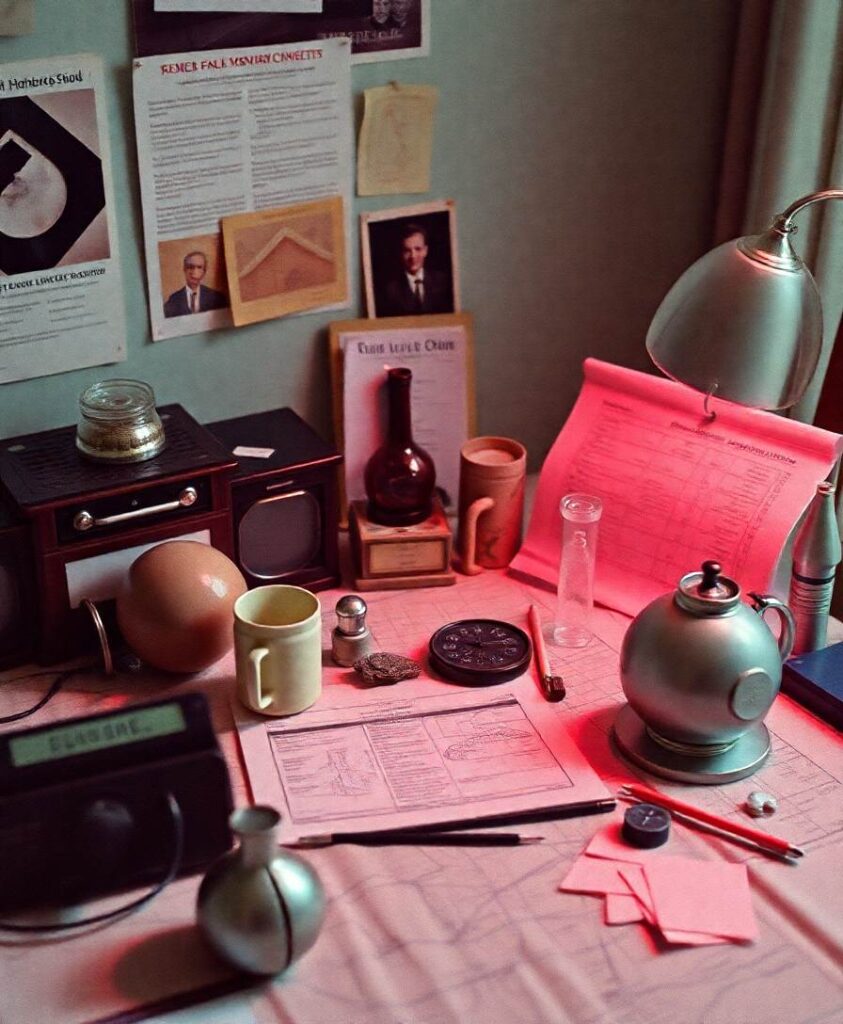Colorectal cancer screening might be transforming. For decades, patients have dreaded invasive colonoscopies—uncomfortable procedures that require sedation and significant preparation. Now, researchers are pioneering a revolutionary approach that could make cancer detection as simple as a routine bathroom visit.
Emerging biomedical technologies are rewriting how we understand human health monitoring. By analyzing microscopic communities living inside our digestive systems, scientists can now detect potential cancer markers with remarkable precision. This breakthrough represents more than a medical technique; it’s a profound reimagining of preventative healthcare that centers patient comfort and accessibility.

Imagine a world where serious disease screening becomes as straightforward as a basic blood test. Machine learning algorithms scanning bacterial signatures could democratize early detection, reducing barriers for populations historically underserved by complex medical procedures. These innovations hint at a future where advanced diagnostics meet human-centered design—making proactive health management simpler, less intimidating, and potentially life-saving for millions.
Scientists at the University of Geneva have created the first detailed catalogue of gut bacteria at the subspecies level, unlocking powerful new ways to detect colorectal cancer. By applying machine learning to stool samples, they achieved a 90% detection rate—nearly matching colonoscopies, but with far less cost and discomfort. This breakthrough could revolutionize early cancer screening, helping catch the disease before it advances.




